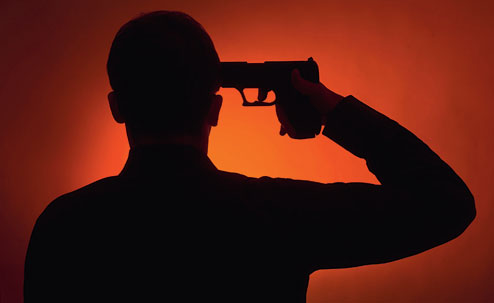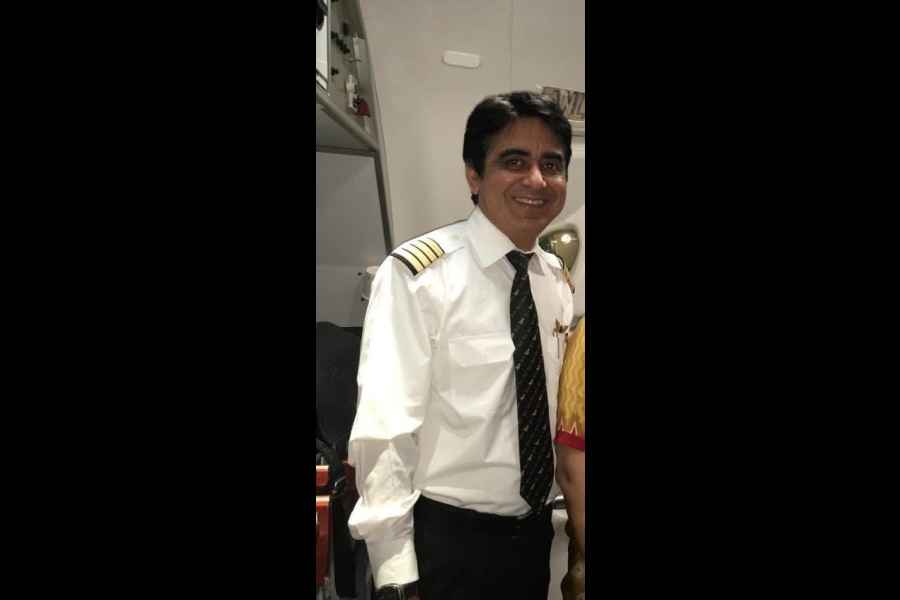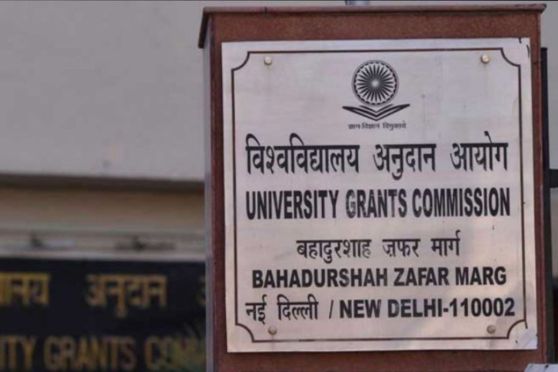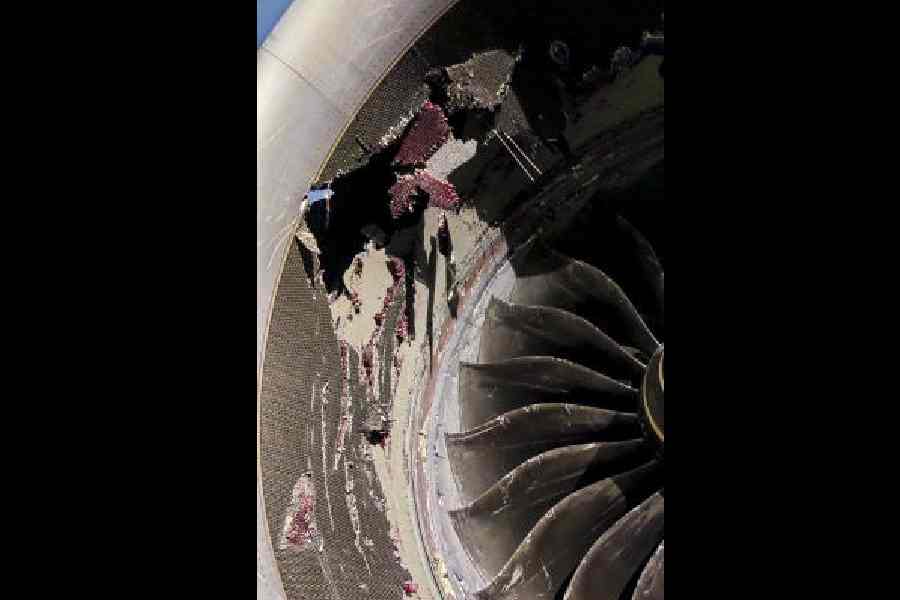 |
There are some dubious statistics which a few states in India have to live down. A young man or woman in Tamil Nadu or West Bengal, for instance, is more likely to commit suicide than people elsewhere. And the chances of a Maharashtra policeman taking his life are greater than those of his counterparts elsewhere.
Maharashtra tops the list of police suicides, according to the National Crime Records Bureau. Last year, over 27 policemen from the state courted death. Indeed, from 2006 to 2011, Maharashtra saw 200 such cases, followed by Tamil Nadu, with 127 deaths.
That’s why, when Sanjay Banerjee, a 42-year-old deputy commissioner of police from the Anti-Terrorist Squad (ATS) of Maharashtra, blew his brains out last Saturday, not everybody was surprised.
The high death figures, many believe, are related to the pressures that are piled on police personnel. “There is acute pressure in certain departments such as the crime branch or the ATS to solve cases,” says ATS Maharashtra chief Rakesh Maria. “The media go relentlessly after politicians, who turn the heat on officials of these two departments.”
The pressures that policemen face came to the fore recently when assistant sub-inspector of Mumbai traffic police, Sachin Suryavanshi, was assaulted by some MLAs on the state Assembly premises because the ASI had pulled up a car belonging to MLA Kshitij Thakur for speeding on the Mumbai Sea Link. Last week, home minister R.R. Patil suspended Suryavanshi.
The incident sparked outrage in Maharashtra and spurred an Internet campaign protesting against Suryavanshi’s suspension. “We can’t have law-breakers as lawmakers,” said a netizen.
In 2012, 40 traffic policemen in Mumbai were assaulted. The problem reached such proportions that the then police commissioner, Arup Patnaik, ignoring pleas from colleagues, decided to arm traffic cops.
But Patnaik himself was not spared. “Look at what they did to the former police commissioner,” says activist-lawyer and former IPS officer Y.P. Singh. “One day he was the commissioner, and the next day he was sent to the non-existent Security Corporation, with no office.” Patnaik, held up for not firing at a rampaging mob, was so shattered that he landed in hospital with a suspected heart attack.
One of the reasons for the policemen’s stressful condition is political pressure. And the police rue that they have not one set of masters, but two, thanks to the fact that the state is governed by a Congress-Nationalist Congress Party coalition.
Insiders point out that cops who please the masters have few problems. The ones who don’t are traumatised.
DCP Banerjee, insiders say, had been troubled for a while. He had not received his salary for eight months, though senior policemen deny this. He had been shunted out of a city zone as DCP in 2010, dispatched to Daund near Pune and shuttled back to Thane near Mumbai in the ATS’s Data Analysis Wing, where he had been serving for the last six months. Banerjee, sources say, was unhappy with the posting and contemplated leaving the job.
Instead, he shot himself with his Glock in front of his family at a Thane restaurant.
Singh, who has faced many such “bad and inconsequential” postings, says these can ruin a person’s life. “They make you the butt of ridicule not only in society but also in the family. Even your subordinates mock you and this can cause overwhelming strain.”
Politicians, the cops complain, decide on all postings. Every day, in Mantralaya, the seat of administration in the state, cops wait in queues to meet politicians to make a plea for or against a transfer. The practice is so rampant that the IPS Officers’ Association of Maharashtra passed a resolution saying it would display the names of policemen getting choice postings through political contacts on its website.
But the cops’ body, which did not take up Suryavanshi’s suspension, has been receiving flak too. “We were quick to pass a resolution condemning the killing of DSP Zia-ul-Haq in Uttar Pradesh and the transfer of an IPS officer in Punjab after he arrested an Akali Dal member. But we won’t condemn the thrashing of a cop in our own backyard,” an IPS officer fumed at a recent association meeting.
Clearly, police officers in the state are at the end of their tether. “Long hours of work, unhealthy and irregular eating habits and lack of sleep all lead to stress. And there is no inbuilt mechanism in the police force to deflect this stress,” Maria rues.
Stress comes from various quarters. Since there are no proper residences in the cities, many policemen leave their wives behind in the villages. This leads to extramarital relationships and domestic unhappiness. According to an internal survey, almost 50 per cent of police personnel in the state have had an extra marital affair or a second marriage. On February 21, a 40-year-old Mumbai policeman, Dashrath Rane, killed his mistress of two years before pulling the gun on himself.
Another policeman, ACP Baburao Gaikwad, came out of a meeting with senior officers in 2010 and shot himself. His colleagues say he had been pulled up at the meeting, though some hold that he was being blackmailed by his paramour.
Experts stress that the situation in Maharashtra is worse than that in other states. Mumbai-based psychiatrist Harish Shetty, who has counselled policemen from several states, says he was horrified by the stories of the police in Maharashtra.
“Some of them don’t get to sleep for three days at a stretch. There are far too many festivals and too many processions; too many VVIP duties. There is a lot of alcohol abuse and violence in families. Depression is rampant, and heart attacks and diabetes are common,” he says.
The counsellor believes that unless “structural reforms” are introduced, Mumbai cops have a bleak future. “They are a dehumanised and alienated lot,” he warns.
Deadly steps
In 2006, assistant commissioner of police Vinod Bhat stopped his car near a bridge at Dadar. He handed over his belongings to his driver, asking him to give them to his wife. His body was later found near railway tracks. Insiders said he was under pressure at work.
In September 2010, constable Rajendra Kamble, 47, committed suicide at his Bandra residence. His wife had left him a decade ago.
In December 2010, senior police inspector Arun Borude leapt out of a running train and died. He was involved in a case relating to the rape of a minor.
In 2012, sub-inspector Prabhakar Patil, 54, shot himself with his service revolver. A suicide note said he was being harassed by his seniors.










